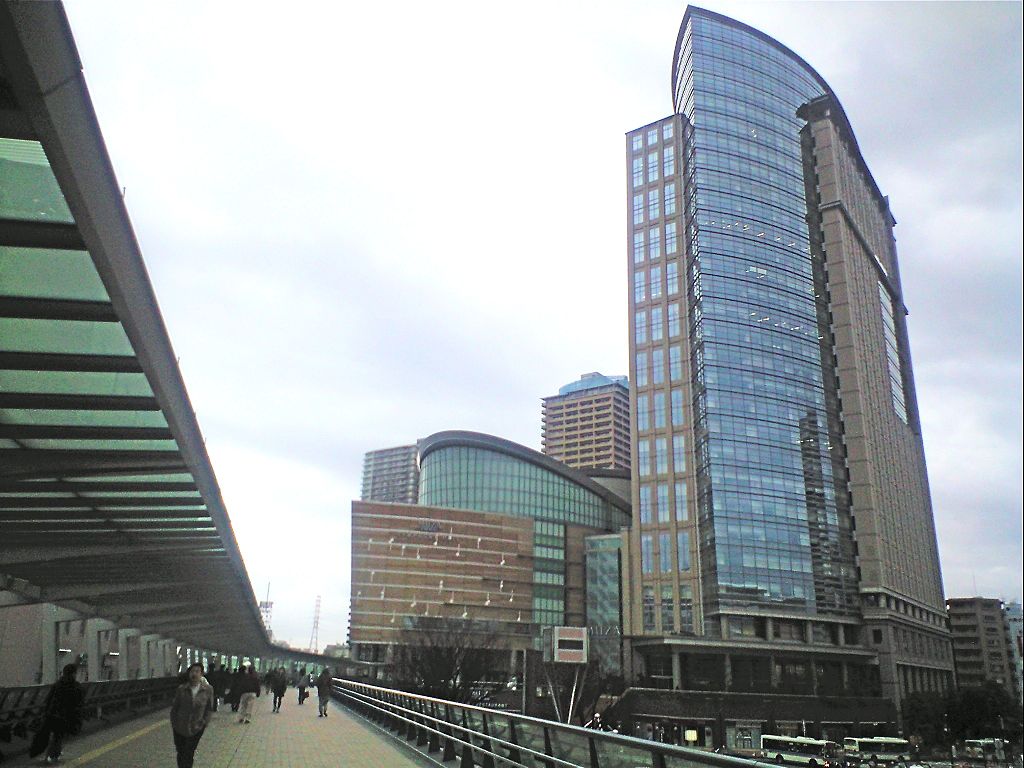Japan’s New Energy and Industrial Technology Development Organization (NEDO) has launched an open call for proposals under its solar technology development program for fiscal 2025.
The national energy research agency is seeking projects that advance solar cell performance, system installation, recycling, and long-term power stability. The initiative, titled the “Technology Development Project for the Expansion of Solar Power Introduction,” will run from fiscal 2025 through fiscal 2029 in support of Japan’s 2050 carbon-neutrality target.
The program will support the development of next-generation solar cells, systems optimized for diverse installation sites, and common foundational technologies. It also aims to improve long-term operational stability and recycling of solar modules, including perovskite solar cells.
NEDO is accepting submissions from companies, universities, local governments, and research teams through May 21. Applicants must submit documents via a designated web form and register with Japan's Cross-Ministerial Research and Development Management System (e-Rad). NEDO said it will not accept submissions by mail, email, or other offline methods.
The program covers six key research areas aimed at advancing solar technology and supporting Japan’s carbon-neutrality goals. One focus is on developing next-generation solar cells, such as perovskite cells and multi-junction cells offering higher efficiency than current technologies. The program also prioritizes PV systems designed for specific installation environments to expand the locations in which solar power can be effectively deployed.
NEDO said it will prioritize technologies that ensure the long-term stability of solar generation, including the development of smart maintenance tools, efficient operational techniques, and advanced irradiance forecasting. Recycling technologies will also play a key role, with efforts to improve the separation and material recovery processes for various PV modules.
The program will emphasize foundational research, establishing new evaluation methods for solar cell performance and reliability. It will also conduct trend analysis through domestic case studies and international collaborations, particularly under the International Energy Agency’s (IEA) Photovoltaic Power Systems Programme (PVPS), to track global developments in solar technology and market trends.
NEDO will hold two online briefings: a session on subsidy projects on April 22, 2025, and a session on commissioned projects on April 24. It said that attendance is not mandatory but strongly encouraged. It noted that e-Rad registration itself could take more than two weeks to complete. For assistance with e-Rad registration and access to a full list of project materials, guidelines, and proposal templates, applicants can refer to the NEDO website.
This content is protected by copyright and may not be reused. If you want to cooperate with us and would like to reuse some of our content, please contact: editors@pv-magazine.com.



By submitting this form you agree to pv magazine using your data for the purposes of publishing your comment.
Your personal data will only be disclosed or otherwise transmitted to third parties for the purposes of spam filtering or if this is necessary for technical maintenance of the website. Any other transfer to third parties will not take place unless this is justified on the basis of applicable data protection regulations or if pv magazine is legally obliged to do so.
You may revoke this consent at any time with effect for the future, in which case your personal data will be deleted immediately. Otherwise, your data will be deleted if pv magazine has processed your request or the purpose of data storage is fulfilled.
Further information on data privacy can be found in our Data Protection Policy.